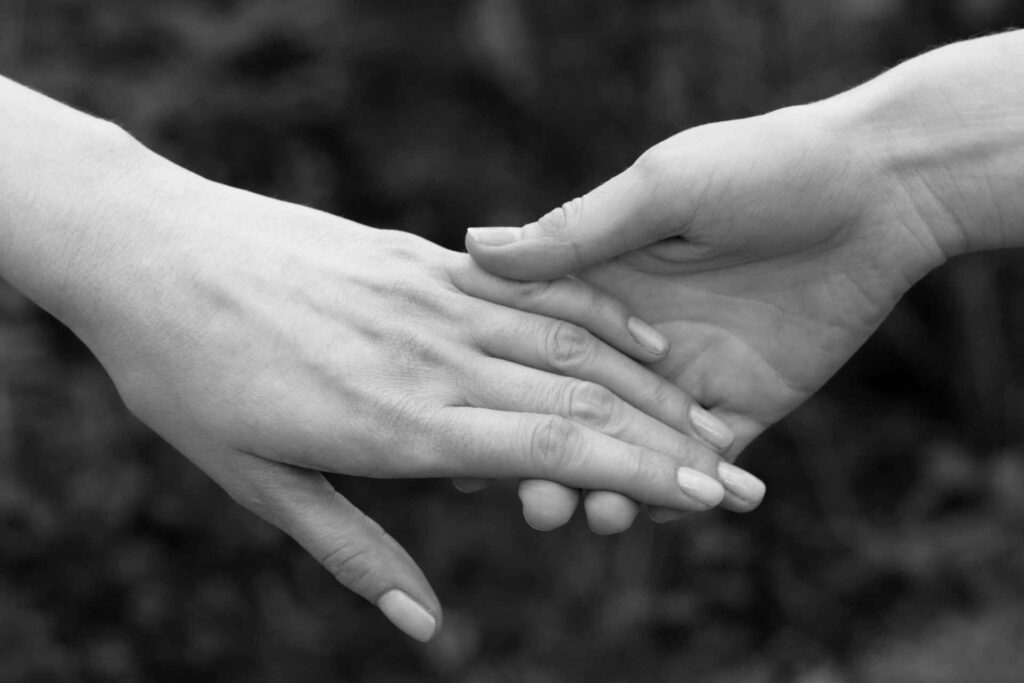
When you have an anxious attachment to your partner, then there is this constant feeling of discomfort, fear of abandonment, insecurity of him leaving you or ghosting you. His interest in me might wear off if I do not text him every now and then. Our bond might fade if we do not see each other daily. Why doesn’t he text me as often as I do? Does he completely forget about me when he is busy? Does he really love me?
Simply put, you are not happy in your relationship even when there is nothing to be unhappy about.
Having an anxious attachment in your relationship with your partner is borderline unhealthy. More so, you might not even realise that you are getting so cynically attached to one person before it is too late. So what are the signs? How do you know you are slowly becoming an anxious partner?
Let’s delve a little into it!
What is anxious attachment in relationships?
Anxious attachment is when one has become intensely insecure and needy in a relationship. Losing all sense of self worth, they have become completely dependent on their partner’s validation. When you are anxiously attached, there is always a fear that your partner does not want to be with you. Or there is a feeling that if you show your real self, they might not like you or break up with you. As a result, you become clingy, needy, constantly seeking your partner’s attention.

Signs Of Anxious Attachment
Low self-worth
You have a very low-self esteem. You do not feel worthy enough of your partner’s love and attention. Whenever there is an issue in a relationship, you tend to blame yourself.
Fear of rejection
You are constantly trying to get your partner’s attention, pleasing them, coddling them and what not. You have started believing that if you do not do such things, your partner will leave you.
Feelings of insecurity and possessiveness
You always seek some kind of assurance from your partner of their love and loyalty. You want their constant attention to feel secure and loved.
Trouble being alone
Your relationship has become your be-all and end-all. You are only worrying about its future & overanalyzing everything. You cannot stay alone and a slight change in your partner’s behaviour triggers you.
Have trouble saying NO
You tend to put others’ needs before you and cannot say no to anyone.
How does this happen?
Anxious attachment in a relationship can stem from several factors.
- Childhood Trauma
- Lack Of Communication
- Emotional Incompatibility
- Neglect
- Long-distance
Relationships are indeed complex. Navigating the highs and lows of a romantic partnership is no cakewalk, And when there is neglect, even unintentional from the partner’s end or there is no communication about it, it can trigger the already steeped in anxiety to a great extent. Consequently, this can be detrimental to not only the relationship but your health, as well.

So how can we fix that?
By doing these simple things!
Simple Techniques To Overcome Anxious Attachment In Relationships
1. Recognize & Accept It
The first and foremost thing that one needs to do to overcome anxious attachment is to recognize it. Acknowledging it is the first step towards addressing it. Try to understand your attachment, know what triggers you, make a note of your feelings and emotions. When you will know your anxious attachment style better, only then will you be able to fix it in the right way.
2. Communicate & Express Yourself

Nothing ever gets resolved by bottling up everything inside you. Communicate it all to your partner- your darkest thoughts, your insecurities, the feelings and emotions constantly running inside you. Do not let your fear of rejection let you keep anything from your partner. If your partner will know what exactly is going on with you, then together you will be able to find a solution that works.
3. Practice Mindfulness
An anxious attachment style can be a huge deterrent when forming healthy adult relationships. It can adversely affect your romantic relationship. Lots of research and studies have indicated that practising mindfulness or even meditation for just 10 minutes daily can reduce anxiety and help one cope with anxious attachment in a better way. So, make it a habit, even when you do not want to or feel like it.
Mindfulness can help you a great deal in controlling your emotions and reducing anxiety. The more you understand yourself and your feelings, the better results you will get from your mindfulness routine.
4. Set Healthy Boundaries
Put yourself first. Period. Learn to say no! This constant effort of pleasing others, pleasing your partner, putting their needs before you drains you – mentally, emotionally and even physically, Do not sacrifice your physical and emotional needs just to make your partner happy. It’s just not right. You should know how to prioritise your needs, learn how and when to say no.
Having a healthy boundary will make you more aware about what exactly you want from a relationship, what are the deal breakers for you and tell you more about your feelings and emotions.
5. Learn To Be A Little Detached

A little detachment can go a long way not only to fix your anxious attachment but also for bettering your overall relationship. Being too clingy or needy can be suffocating even for a loving and doting partner. And, if you are thinking about how to work on having this kind of detachment? Then, you have to learn to be happy in your own space, in your own world. Your partner’s presence or his attention should not be the only factor that defines your mood. You need to have a life beyond your relationship. Once you will have other aspects into your life, you will slowly find this anxiety about your relationship melting away.
6. Seek Help
As I mentioned earlier, communicating helps a lot in taking the burden off your mind. Apart from discussing your emotions and feelings with your partner, you can talk to an expert or a therapist. Seeking help, venting out your thoughts to someone else opens the doors to solutions you never knew existed. I believe that there is no shame in going to a therapist, rather it is a sign that you are recognizing your anxious attachment in the relationship and are willing to fix it!
There are more ways than one when it comes to healing anxious attachment. Heal yourself in a way that is comfortable & peaceful for you. It can be a difficult journey, but once you are past this phase, you will start seeing the little things and even your relationship in a much better light.